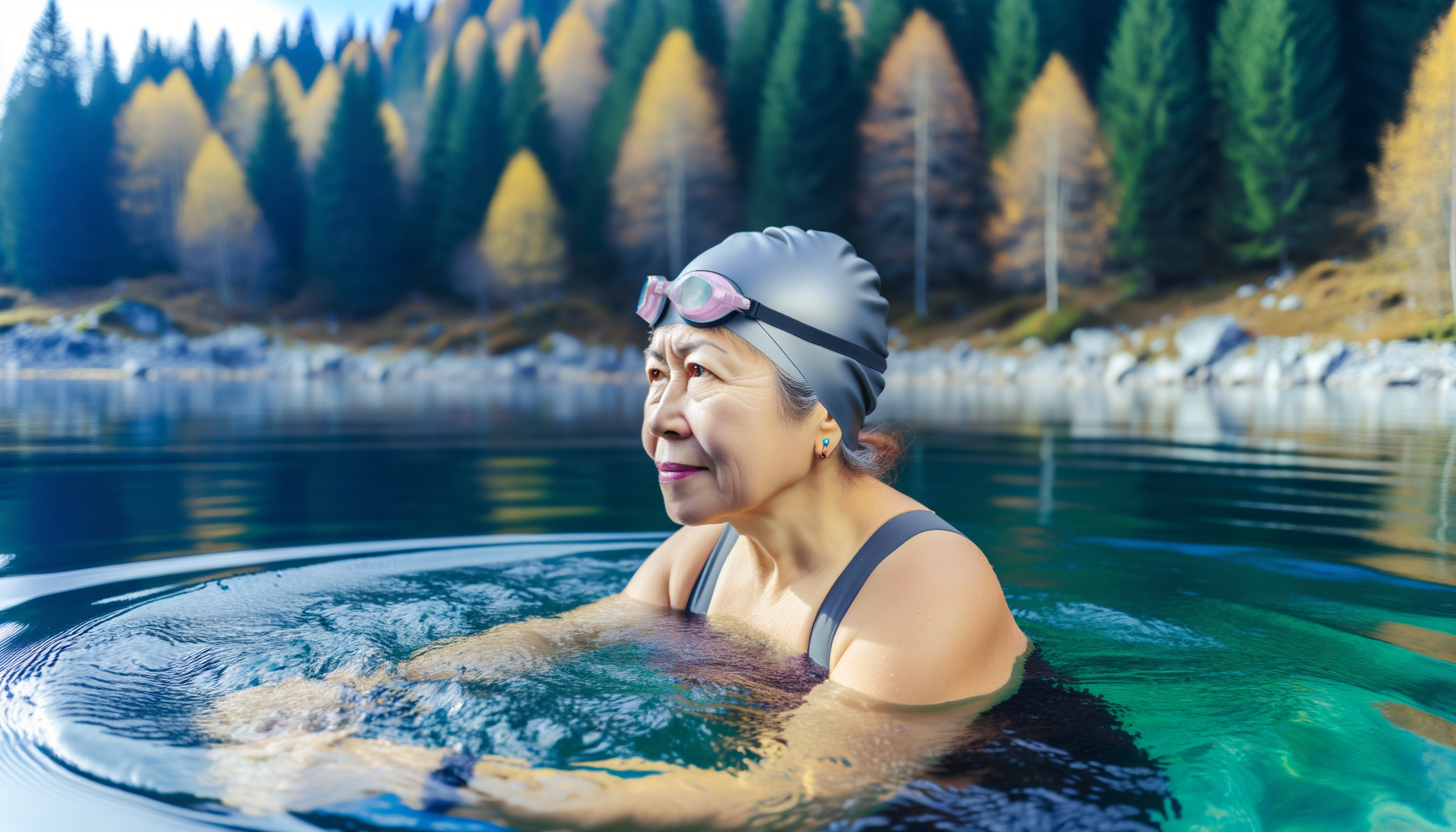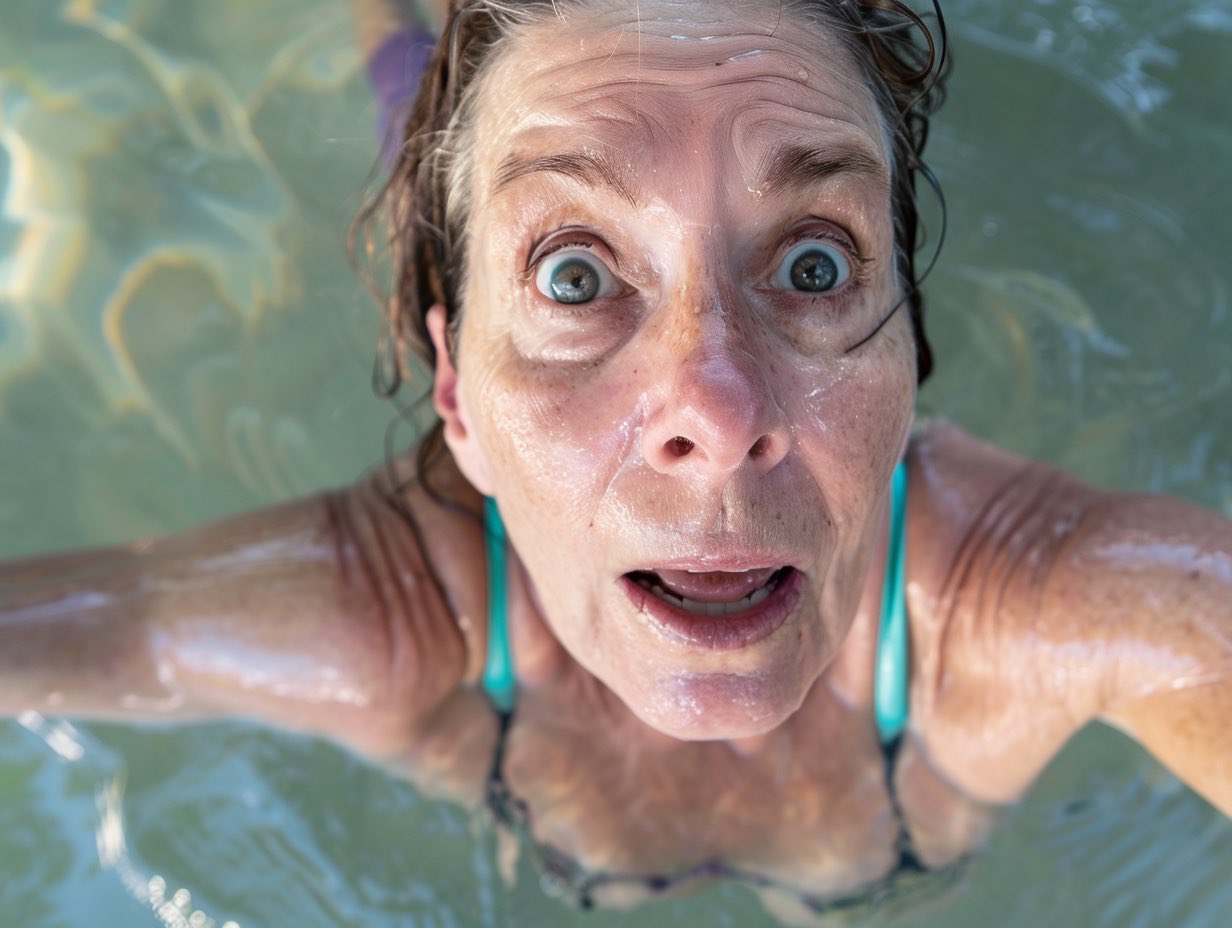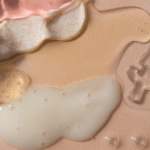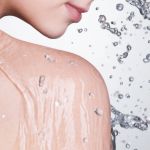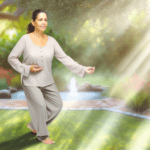Cold Water Swimming and Menopause
Menopause marks a significant transition in a woman’s life, typically occurring in the 50s or 60s, but it can happen earlier or later. This natural biological process signifies the end of menstrual cycles and fertility, often bringing a host of symptoms due to hormonal fluctuations. Perimenopause, the period leading up to menopause, can last several years and is characterized by irregular periods, hot flashes, night sweats, mood changes, and fatigue. Each woman’s experience is unique, with symptoms ranging in severity and duration.
The Concept of Cold Water Swimming
Cold water swimming involves immersing oneself in open waters such as lakes, rivers, or the sea, where temperatures are considerably lower than those of a heated pool. This activity has gained popularity for its invigorating effects and connection to nature. Swimmers often describe a sense of mental clarity and exhilaration upon braving the cold waters, despite initial hesitations about the temperature and the physical challenge it presents.

Enjoy swimming without the feeling of dry and sandpaper afterwards…
Annette Garcea, Damiva
Potential Health Benefits of Cold Water Immersion
Emerging research and anecdotal evidence suggest that cold water swimming may offer a range of health benefits. These include improved circulation, reduced inflammation, and a boost to the immune system. For menopausal women, in particular, cold water immersion has been linked to the alleviation of common symptoms such as hot flashes and joint pain. A recent survey of 1,114 women who regularly swim in cold water, including 785 menopausal participants, revealed that nearly half found relief from anxiety, and many reported improvements in mood swings, night sweats, and hot flashes. It’s important to note, however, that while these findings are promising, more research is needed to understand the optimal conditions and practices for maximizing the benefits of cold water swimming during menopause.
Physiological Effects of Cold Water on the Body
Inflammation and Immune Response
One of the most significant physiological effects of cold water immersion is its impact on inflammation and the immune system. When the body is exposed to cold water, it experiences a form of healthy stress, leading to a reduction in inflammation. This anti-inflammatory response can be particularly beneficial for menopausal women, who often experience increased inflammation levels. Additionally, cold water exposure stimulates the production of white blood cells and cytokines, which are crucial components of the immune system. This boost in immunity can help the body fight off infections and diseases more effectively.
Circulation and Detoxification
Swimming in cold water also has a profound effect on the body’s circulation. The cold temperature causes blood vessels to constrict, which can initially slow blood flow. However, this is followed by a compensatory dilation of blood vessels, which improves overall circulation. Enhanced circulation aids in the detoxification process by helping to flush toxins from the body’s tissues and organs. This improved blood flow can also contribute to better nutrient distribution throughout the body, which is essential for maintaining good health during menopause.
Muscle Activation and Tone
The act of swimming itself requires the activation of various muscle groups, but the cold water adds an additional layer of muscle engagement. The body’s natural response to cold is to shiver, which involves rapid muscle contractions to generate heat. This involuntary muscle activity, combined with the deliberate movements of swimming, can help to improve muscle tone and strength. For menopausal women, maintaining muscle tone is vital for preventing injury and supporting overall physical health.
Hormonal Regulation and Stress Reduction
Cold water immersion has been shown to influence hormonal balance, including the reduction of cortisol, a stress hormone. By activating the parasympathetic nervous system, cold water swimming promotes relaxation and stress reduction. This can be particularly beneficial for menopausal women, who often experience heightened stress levels and mood swings. The release of endorphins, often referred to as “feel-good” hormones, during cold water swimming can also contribute to a sense of well-being and happiness.
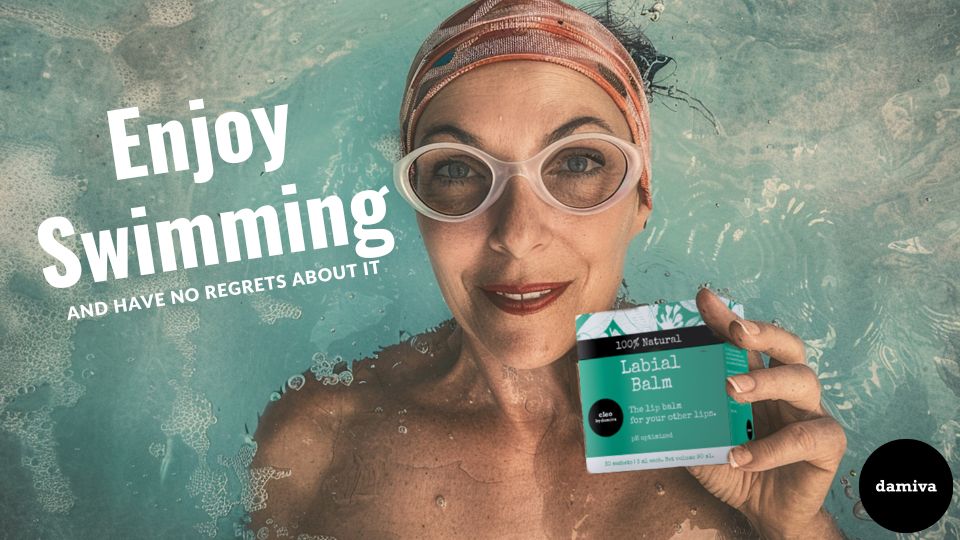
Mental and Emotional Benefits of Cold Water Swimming
Stress and Anxiety Alleviation
The invigorating shock of cold water immersion has been shown to trigger a flood of mood-boosting neurotransmitters, which can help to alleviate stress and anxiety. The acute cold exposure stimulates the body’s sympathetic nervous system, leading to an increase in the production of endorphins, often referred to as the body’s natural painkillers. This hormonal response can create a sense of euphoria, commonly known as the ‘swimmer’s high’, which can be particularly beneficial during menopause, a period often associated with increased stress and anxiety levels. Moreover, the focus required to breathe and swim in cold water can act as a form of mindfulness, drawing attention away from stressors and promoting a state of mental calmness.
Mood Improvement and Mental Clarity
Swimming in cold water can also lead to improved mood and mental clarity. The shock of the cold acts as a mild stressor that activates the brain’s ‘blue spot’ – the main source of noradrenaline, which is a chemical that plays a role in alleviating depression. This, combined with the endorphin rush, can lead to feelings of optimism and a positive mental outlook. The cold water also promotes mental clarity by forcing swimmers to concentrate on their breathing and immediate environment, which can help to clear the mind of clutter and reduce symptoms of brain fog that are often reported during menopause.
Energy Levels and Productivity
Regular cold water swimming can contribute to increased energy levels and productivity. The cold water induces a degree of thermal stress that the body has to work to overcome, increasing metabolic rate and energy production. This adaptive process, over time, can lead to improved energy levels throughout the day. Additionally, the improved sleep quality often reported by cold water swimmers can contribute to higher energy levels and greater productivity. The sense of accomplishment from braving the cold water can also boost confidence and motivation, which can translate into other areas of life, making it easier to tackle daily tasks and responsibilities with renewed vigor.
Cold Water Swimming During Menopause
Managing Hot Flashes and Night Sweats
One of the most common and disruptive symptoms of menopause are hot flashes and night sweats. These can cause discomfort and sleep disturbances, impacting overall quality of life. Cold water swimming offers a natural and effective way to manage these symptoms. The immersion in cold water can provide immediate relief by lowering the body’s core temperature, which may reduce the frequency and intensity of hot flashes and night sweats. This cooling effect can be particularly beneficial for women who experience severe or frequent episodes, offering a sense of control over their body’s thermoregulation.
Joint Pain and Arthritis Relief
Menopause can exacerbate joint pain and conditions like arthritis due to hormonal changes that affect inflammation levels in the body. Cold water swimming can act as a form of hydrotherapy, which is known to soothe aching joints and reduce inflammation. The buoyancy of water supports the body and minimizes stress on joints, allowing for gentle and effective exercise. Additionally, the cold water itself can act as a natural analgesic, numbing pain and discomfort, providing relief for those suffering from joint-related issues.
Metabolic Health and Immune System Boost
Swimming in cold water during menopause can also have positive effects on metabolic health and the immune system. The activity can help regulate blood sugar levels and improve insulin sensitivity, which is crucial as menopause can alter metabolic processes, increasing the risk of diabetes and weight gain. Moreover, the shock of cold water immersion is believed to stimulate the immune system, leading to an increase in the production of white blood cells and anti-inflammatory cytokines. This immune boost can help the body better fight off infections and diseases, which is particularly important as the immune system can become less efficient with age.
Interesting Read: How your choice of swimwear can impact your intimate health


In conclusion, cold water swimming presents a multitude of benefits for women going through menopause. It offers a natural way to manage hot flashes and night sweats, provides relief from joint pain and arthritis, and supports metabolic and immune health. With these compelling advantages, it’s clear that embracing the chill of cold water swimming can be a powerful strategy for women seeking to improve their menopausal well-being.
Practical Guide to Starting Cold Water Swimming
Finding Suitable Locations for Swimming
Embarking on the journey of cold water swimming begins with identifying the right location. It’s essential to choose a spot that is safe and known to be suitable for swimming. Natural bodies of water such as lakes, rivers, and oceans can be ideal, but it’s crucial to research local regulations, water quality, and potential hazards. For beginners, it may be beneficial to start at organized cold water swimming clubs where safety measures are in place, and guidance is readily available.
Warm-Up Exercises and Acclimatization
Before plunging into cold water, it’s important to prepare your body. Begin with a dynamic warm-up to increase your heart rate and blood flow to your muscles. Exercises such as jumping jacks, arm circles, and leg swings are effective. Acclimatization to cold water should be gradual. Start by splashing water on your face and neck to trigger the mammalian dive reflex, which helps your body adjust to the cold. Then, wade in slowly, allowing your body to acclimate to the temperature.
Breathing Techniques and Session Duration
Proper breathing is vital to manage the initial shock of cold water. Practice deep, slow breaths to increase oxygen flow and calm your nervous system. Initially, aim for short swims of about 5-10 minutes, gradually increasing the duration as your body adapts. Always listen to your body and never push beyond your comfort zone, as the risk of hypothermia increases with prolonged exposure.
Post-Swimming Warm-Up and Stretching
After your swim, it’s just as important to rewarm your body properly. Exit the water and immediately dry off with a towel. Dress in warm layers, focusing on insulating your core and extremities. Perform gentle stretching exercises to maintain flexibility and reduce muscle stiffness. A warm, non-alcoholic beverage can help raise your internal body temperature. Remember, rewarming should be gradual to avoid afterdrop, where the body’s core temperature continues to drop even after exiting the water.
Safety Measures and Tips for Success
Appropriate Dressing for Cold Water Swimming
When preparing for cold water swimming, it is essential to dress appropriately to protect your body from the cold and potential hazards. A well-fitted wetsuit can provide insulation and buoyancy, while also allowing for a full range of motion during your swim. Consider wearing a swim cap to reduce heat loss through your head, and if the water is particularly chilly, neoprene gloves and booties can offer additional warmth. Goggles are also important to protect your eyes and improve visibility underwater.
Importance of Proper Warm-Up and Cool-Down
Before plunging into cold water, it’s crucial to engage in a proper warm-up to prepare your muscles and cardiovascular system. Dynamic stretches and light aerobic exercises can increase your heart rate and blood flow, reducing the risk of injury and shock to the system. Similarly, after your swim, a cool-down period is necessary to gradually bring your body temperature back to normal. Gentle stretching can help alleviate muscle tightness and aid in recovery.
Pacing and Listening to Your Body
As you begin cold water swimming, start with shorter sessions and gradually increase the duration as your body acclimatizes. It’s important to listen to your body and recognize signs of discomfort or distress. If you feel overly fatigued, dizzy, or experience difficulty breathing, it’s time to exit the water. Always swim at a pace that feels comfortable for you, and avoid pushing yourself too hard, especially during the initial stages of your cold water swimming journey.
Hydration and Nutritional Considerations
Even in cold water, your body can become dehydrated, so it’s important to drink water before and after your swim. Additionally, a small, easily digestible snack can help maintain energy levels and aid in warming your body post-swim. Foods rich in complex carbohydrates and proteins are ideal for supporting muscle recovery and replenishing any lost nutrients during your exercise.
Remember: Safety should always be your top priority. Never swim alone, and ensure that you have a clear exit strategy from the water. If you’re new to cold water swimming, consider joining a local club or group for guidance and support. By following these safety measures and tips, you can enjoy the invigorating and healthful experience of cold water swimming during menopause with confidence and success.
By the way, something for you, a little gift!!!
I am just in the middle of publishing my book. It’s about How women can balance their hormones. One part is about food and diet, of course.
Follow this link and enter your email.
I will send you this part of the book for free once the book is published. It has many concrete, practical tips and recipes and will help you feel better during menopause or times of Big hormonal fluctuations.
Annette, Damiva Lead for Health & Wellness

Conclusion and Encouragement for Women
Summarizing the Benefits of Cold Water Swimming
The transformative power of cold water swimming during menopause cannot be overstated. Research from University College London has illuminated the profound impact this activity can have on alleviating menopausal symptoms. Women who have embraced the chill of open waters report significant reductions in anxiety, mood swings, and hot flushes. The physical benefits are equally impressive, with improvements in circulation, muscle tone, and immune response. Moreover, the mental clarity and stress relief that come from this natural immersion are invaluable during a period that can often be tumultuous.
Final Thoughts on Embracing the Cold
It’s clear that cold water swimming is more than just a dip in the ocean or a lake; it’s a holistic experience that nurtures the body and mind. The cold water acts as a catalyst for change, challenging our bodies to adapt and grow stronger. While the initial plunge may be a shock to the system, regular practice can lead to a newfound sense of vitality and empowerment. The courage to face the cold reflects the inner strength that each woman possesses, especially during the transformative phase of menopause.
Encouragement to Explore Further Health Strategies
While cold water swimming offers a plethora of benefits, it’s important to remember that it’s just one piece of the wellness puzzle. A holistic approach to menopause should also include hormone replacement therapy (HRT) when appropriate, regular exercise, a balanced diet, prioritizing sleep, and reducing stress. Each woman’s journey is unique, and exploring a variety of health strategies can help in finding the most effective combination for individual needs.
As we conclude, let’s celebrate the courage of every woman who has dared to dive into cold waters, and let’s encourage those who are curious to take that first step. Remember to always prioritize safety, listen to your body, and seek community support. The path through menopause is a personal one, but it need not be walked alone. Whether through the solidarity of a swimming group or the guidance of a health professional, support is available. Embrace the cold, embrace the change, and most importantly, embrace the journey to a healthier, happier you.
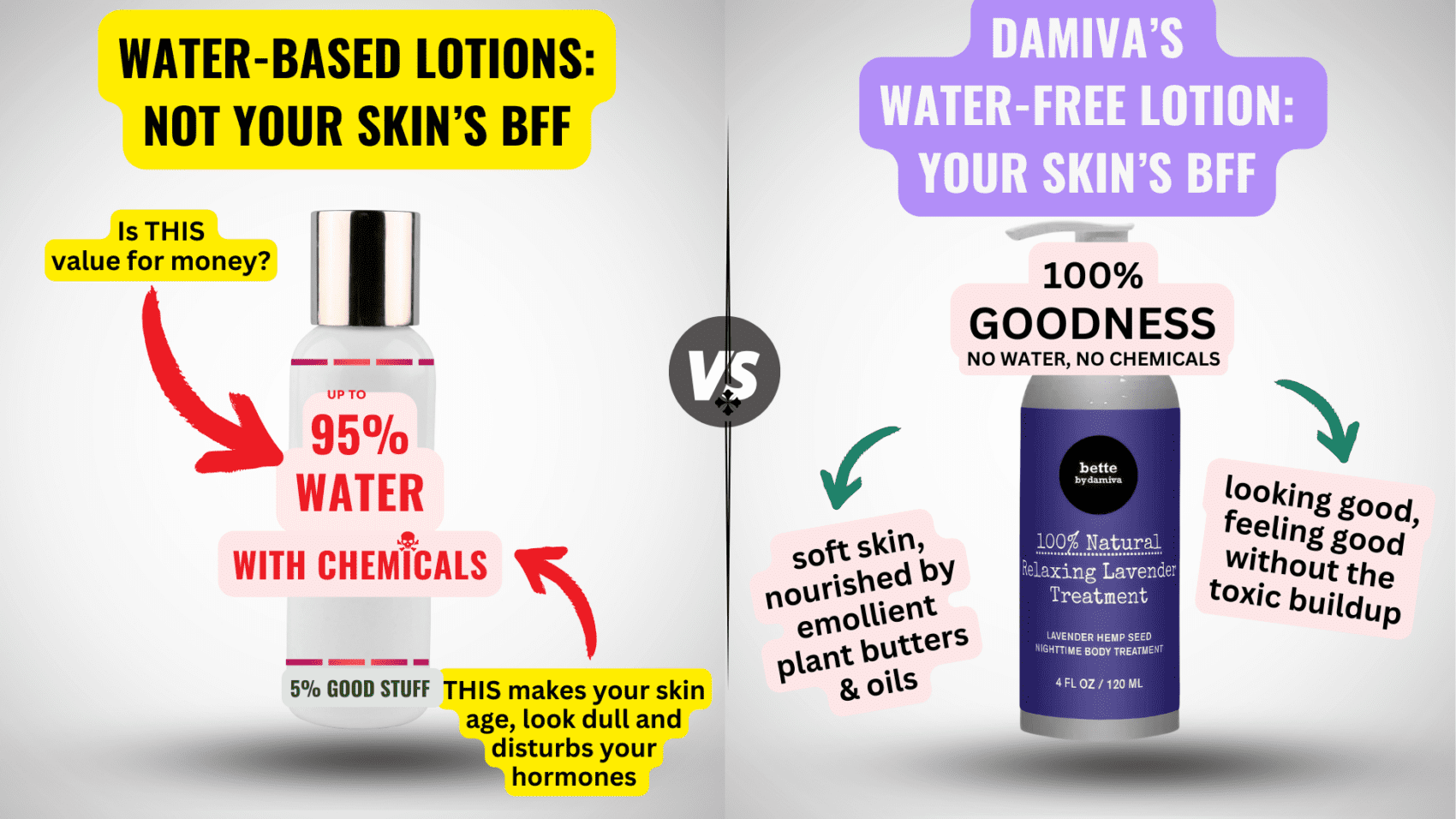
THEN IT CONTAINS TOXIC CHEMICALS. WHY RISK IT GETTING SICK? GO CHEMICAL FREE.
